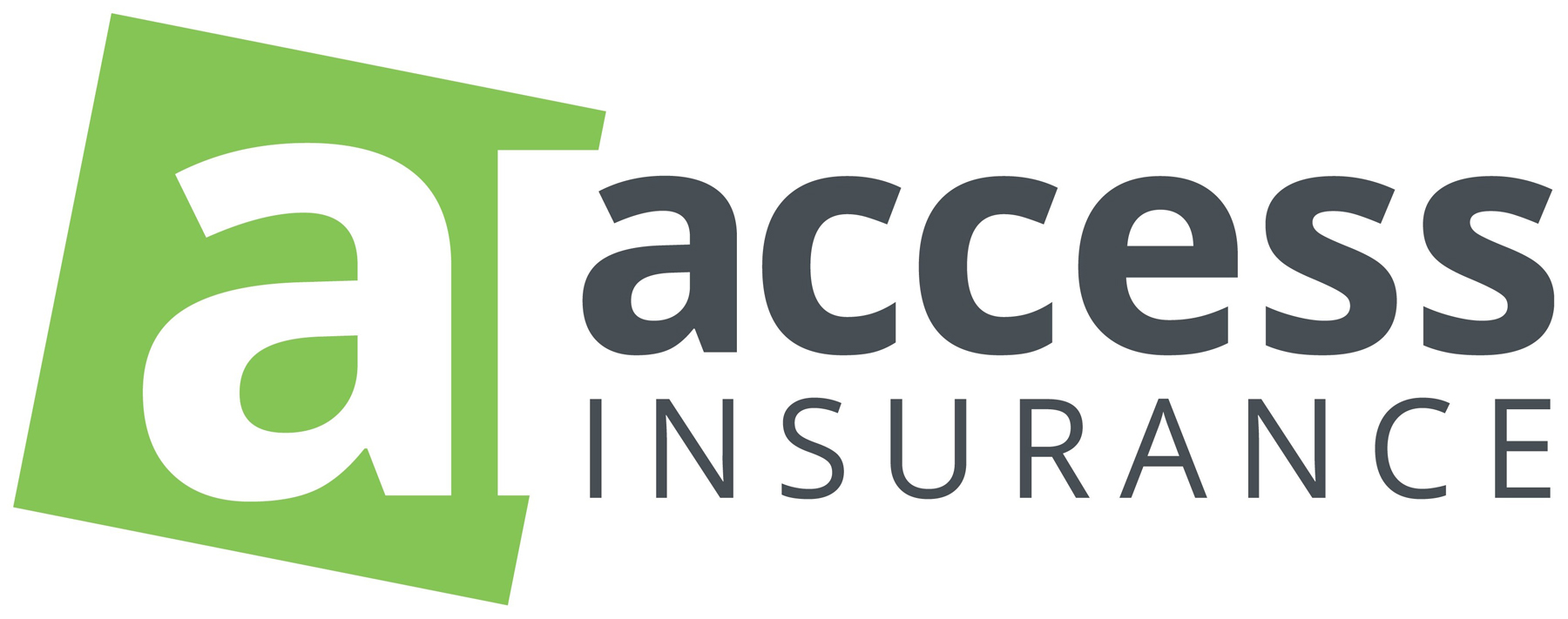Inclusive volunteering starts with local action
June 4, 2025
.png)
Volunteering strengthens communities. It connects people, builds trust, and enables action on the things that matter most locally. But for volunteering to truly thrive, it must be open to everyone.
At NAVCA, we know that our members, local infrastructure organisations, are central to this. They connect volunteers with opportunities, support the groups who host them, and help create the conditions where everyone feels welcome to take part. This Volunteers Week, we are sharing the expertise and guidance of NAVCA members, addressing common barriers with accessible advice so that we can all make volunteering more inclusive.
Diversity in volunteering
Volunteering should reflect the make-up of local communities, yet many organisations still find it difficult to attract volunteers from racially minoritised communities, disabled people, and young people. NAVCA members are tackling this head-on by building partnerships, reviewing how roles are presented, and co-designing with underrepresented groups. For example, Sandwell CVO’s Volunteer Managers’ Network encourages groups to see each other as allies, because one group’s client might be another’s future volunteer. Thurrock CVS worked directly with young people with special educational needs to understand barriers like stigma and inflexible roles, creating one-off and youth-led opportunities in response. By listening and adapting, NAVCA members are showing what inclusive volunteering can look like in practice.
Application processes
Rigid, formal application processes can put people off, especially those who are new to volunteering or face additional barriers. NAVCA members like Community Action Network and Cambridge CVS are encouraging more flexible, accessible routes in. This includes offering alternatives to written forms, such as video introductions or informal chats, and providing clear, simple guidance for things like reference requirements. Creating application processes that are truly inclusive doesn’t require more work, just a shift in approach.
Supporting volunteers with additional needs
Supporting people with additional needs into volunteering isn’t just the right thing to do – it strengthens communities. NAVCA members like VAST in Stoke-on-Trent offer inclusive buddying schemes that give new volunteers the confidence to get started, while Volunteer Centre Newcastle has developed a Volunteer Inclusion Plan to help organisations make reasonable adjustments in a simple, non-clinical way. By focusing on what volunteers can do, and asking what support they need to do it, local infrastructure can lead the way in inclusive practice.
Changing organisational culture
Embedding inclusion is about creating a culture where everyone feels they belong. That means bringing existing volunteers along with you. NAVCA members like Community Action Network suggest involving experienced volunteers in training, induction, or buddying to help build bridges between new and long-standing volunteers. Celebrating contributions, mixing up shifts, and making space for social connection can all support inclusive change. When people feel heard and respected, they’re more likely to support evolving volunteer cultures.
Enabling volunteers to develop their own projects
When volunteers are supported to lead, we unlock new energy and creativity. One Knowsley, a NAVCA member and VCQA (Volunteer Centre Quality Accreditation)-holder, did that by piloting a micro-grants programme through the Heritage Fund, helping volunteer-led groups bring their heritage projects to life. Voluntary Action Leeds supported volunteers to showcase diversity through the “Volunteers of Leeds” arts project, with support tailored to their interests and skills. These stories show that giving volunteers the freedom to lead can create lasting local impact.can create lasting local impact.
Supporting ex-offenders into volunteering opportunities
Many organisations worry about the risks of involving ex-offenders as volunteers, but with a fair and transparent approach, volunteering can be a powerful route to rehabilitation. NAVCA members and partners like Clinks, who support the voluntary sector working with the criminal justice system, recommend treating each application individually, rather than applying blanket policies. Clear, supportive policies on disclosure, safeguarding, and eligibility build trust and ensure fairness.
Our newly published Inclusive Volunteering Guide goes into detail on all these topics, sharing member stories, tips and advice. Whichever way you work with volunteers, check out the guidance to learn something new, directly from local infrastructure organisations.




